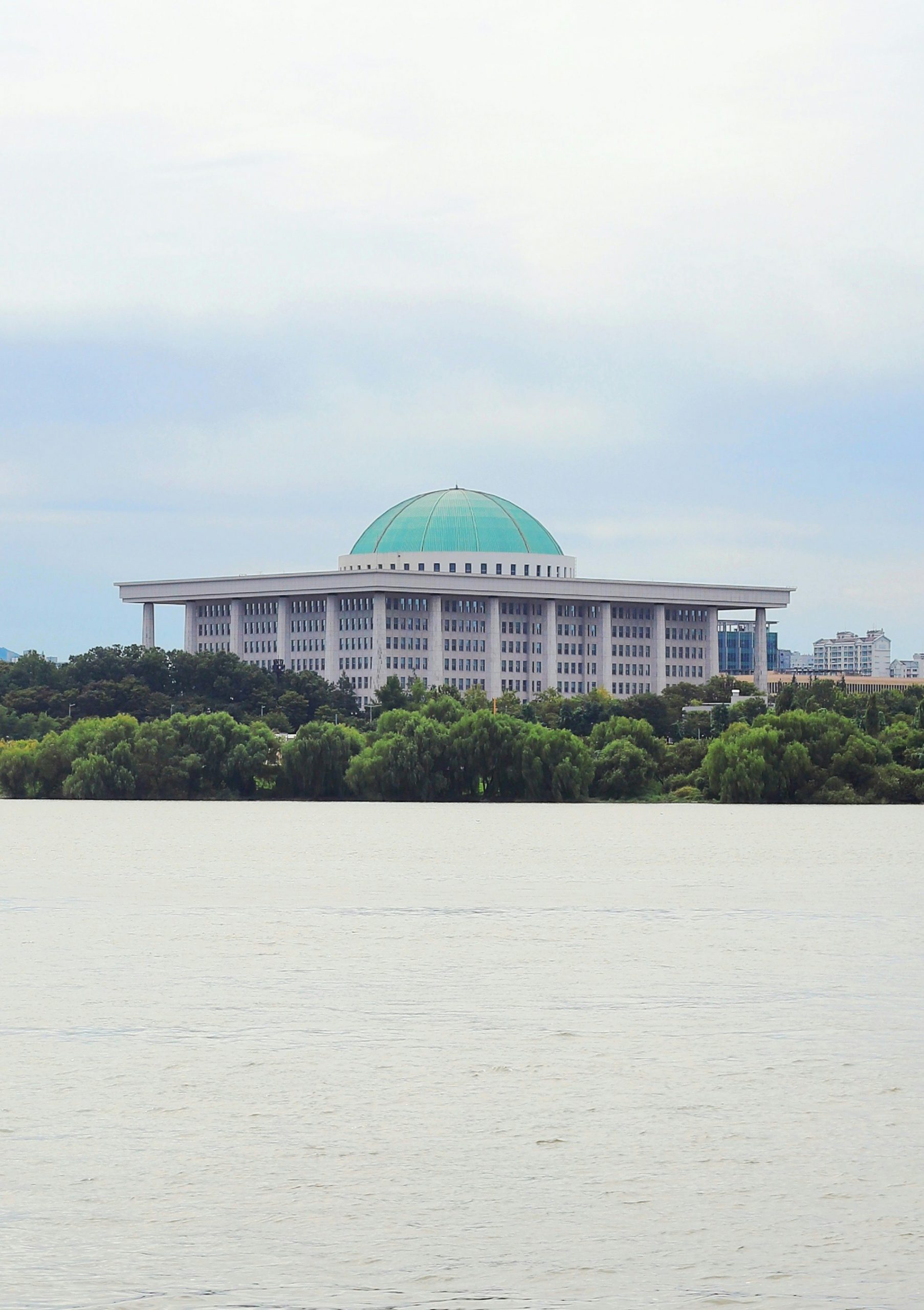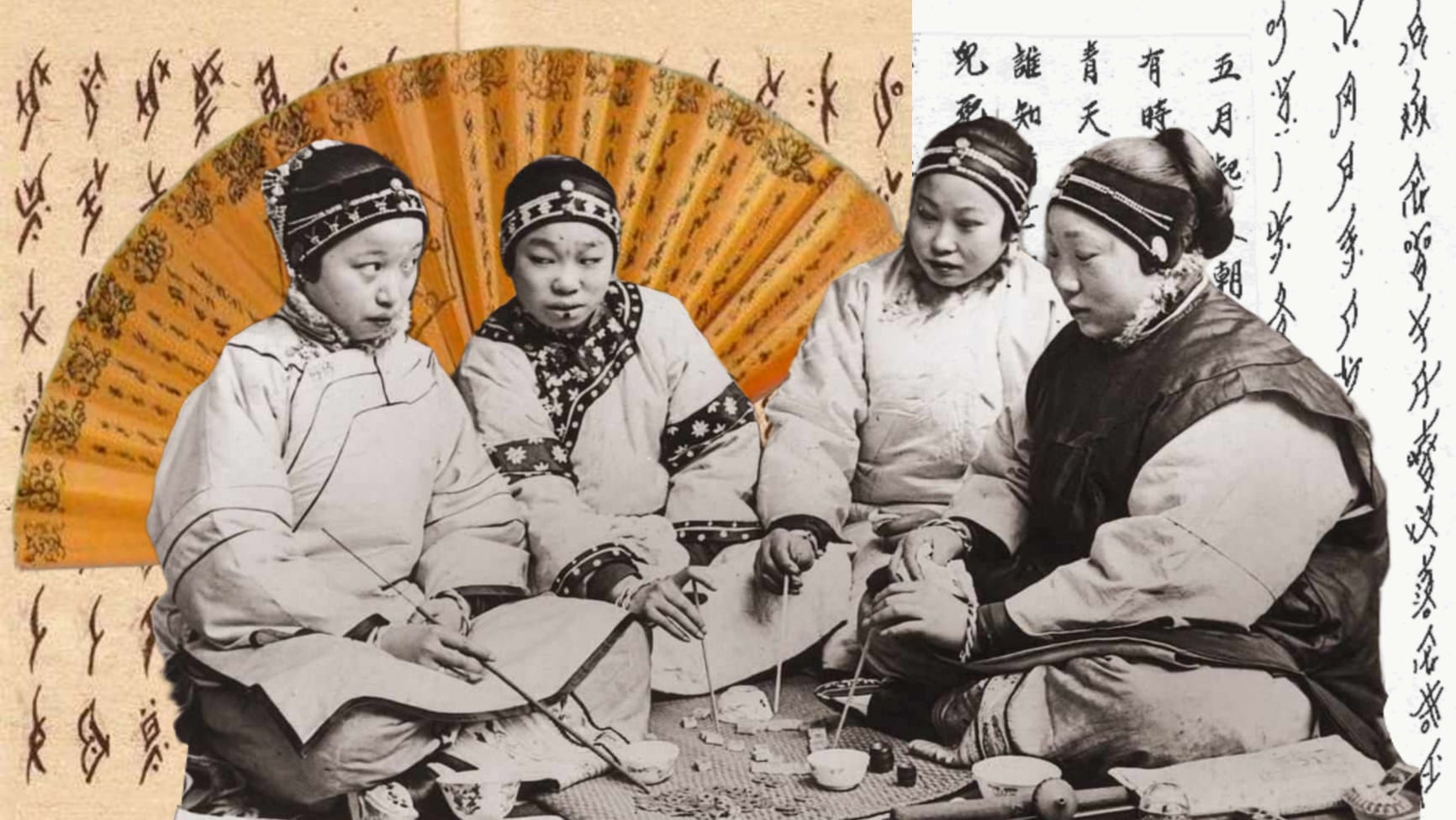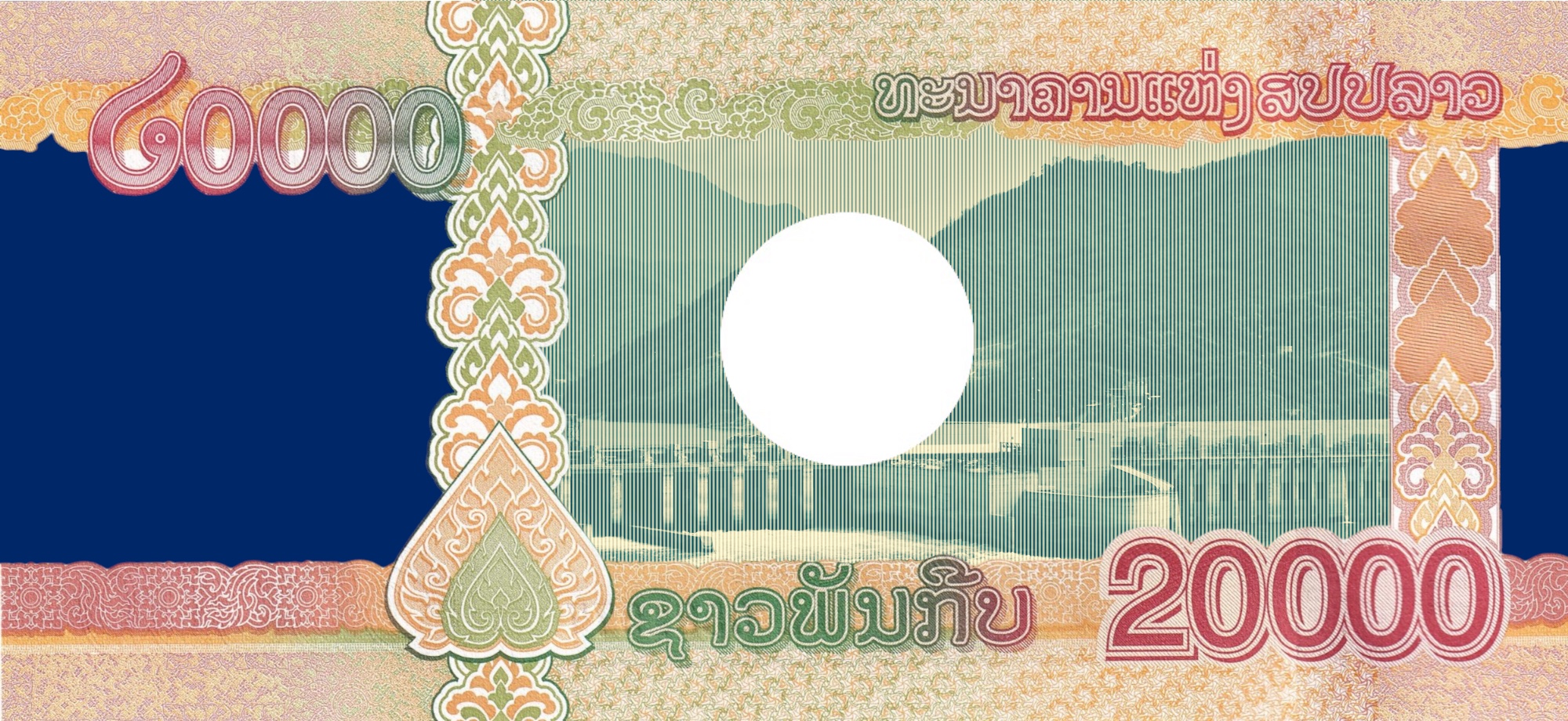06.10.2025
LAST MONTH IN EAST AND SOUTHEAST ASIA - September 2025
In this article, Ishiba Shigeru stepping down as Japanese Prime Minister, the celebration of the end of the Second World War in China and protest in Chongqing, North Korean relations and Lee Jae-myung's agenda as the South Korean President.
22.05.2025
A script of tears: The revival of a women's writing system in China
Hunan province in China is home to the only writing system invented by and for women: Nüshu, meaning “women´s script”. It had been invented by peasant women who needed to communicate difficult lived experiences they could not express openly under the patriarchy in Chinese feudal society. Indeed, Nüshu is also called “the script of tears” because women used it to record their sorrows and pain. It is a non-spoken language and is used only in the form of writing and singing. The community of Nüshu writers and singers offered a protective source of solace and sister-like connections between women, providing them comfort in any difficulty in their lives. Today, Nüshu and its female friendships are experiencing a revival and connect modern-day Chinese women with their female ancestors.
22.05.2025
Shamate Urban Rebellion: Class, Identity, Resistance & the Hukou Divide
The Shamate subculture, emerging in early 2000s China, served as a rebellious expression of rural migrant youth resisting urban marginalization. Mostly rooted in extravagant fashion and digital engagement, the Shamate embodied defiance against the socio-economic hierarchy reinforced by China’s Hukou system. While Hukou reforms facilitate rural-to-urban migration, they failed to dismantle structural inequalities, leaving migrants in precarious labor conditions. Shamate, framed as ‘low-class’ by urban discourse, illustrates the persistence of the urban-rural divide and the exclusionary nature of China’s industrial modernization. Through aesthetic rebellion, digital subversion, and class struggle, Shamate’s trajectory reveals insights into youth resistance, labor exploitation, and the controlled liberalization of China’s social landscape. This article sheds light on the intersection of class, identity, and policy-driven marginalization in contemporary China.
22.05.2025
How did the allocation of energy change Laos´ institutions and economic priorities in the post-2008 era? The case of the Xayaburi Dam
In the wake of surging energy demand across Southeast Asia, Laos has pursued an ambitious strategy to become “the battery of Asia,” exemplified by the development of the Xayaburi Dam—its first large-scale hydropower project on the Lower Mekong River. This article explores how the dam reshaped Laos’ post-2008 economic priorities and institutions, driving a shift toward export-oriented growth and deeper regional energy integration. While it brought investment and institutional reform, it also intensified tensions between development, environmental sustainability, and transboundary cooperation.
22.05.2025
The 1997 Asian Financial Crisis: Catalyst for Democratization? - Examining Its Past and Contemporary Impacts in Indonesia, South Korea, and Thailand
The 1997 Asian Financial Crisis reshaped the political and economic landscapes of Indonesia, South Korea, and Thailand, triggering democratization by weakening authoritarian regimes and empowering civil society. This paper examines how the crisis disrupted developmental states, leading to short-lived democratic gains, including constitutional reforms in Thailand, Suharto’s resignation in Indonesia, and South Korea’s first opposition presidency. However, entrenched elites adapted, reinforcing clientelism and patronage politics. The resurgence of competitive authoritarianism in the early 21st century, seen in leaders like Thaksin and Prabowo, highlights the persistence of oligarchic control. This article underscores the crisis’s mixed legacy, balancing democratic aspirations with enduring elite dominance.




